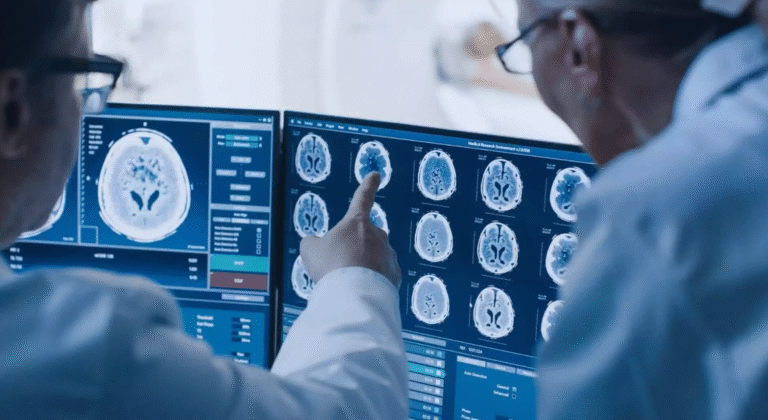What Is the MRI Technologists Job?
The MRI technologists job involves using magnetic resonance imaging machines to take internal images of the human body. These images help doctors diagnose and monitor conditions like strokes, tumors, and degenerative diseases such as dementia. MRI technologists must understand both the technology and patient care protocols to perform their work effectively.
The MRI technologists job is essential to the diagnostic process in many medical fields. These professionals support physicians by delivering clear, accurate scans that assist in creating treatment plans. Their role is critical in identifying health problems early, leading to better patient outcomes.
Daily Tasks in the MRI Technologists Job
One of the primary responsibilities in the MRI technologists job is to prepare patients for scans. This includes reviewing medical histories, ensuring patient safety around the MRI machine, and explaining the procedure to help reduce anxiety. Comfort and communication are essential aspects of their daily tasks.
Another part of the MRI technologists job is maintaining and operating the imaging equipment. Technologists must position patients correctly, monitor image quality, and work with doctors to capture the most relevant views. After the scan, they ensure the images are accurately documented and added to patient records.
Qualifications for the MRI Technologists Job
To begin an MRI technologists job, most candidates start with an associate degree in radiologic technology or MRI specific training. Programs usually include classroom education and clinical experience, giving students both theoretical knowledge and hands on practice.
A professional certification is often required to qualify for an MRI technologists job, especially in states that require licensure. Certification from a recognized organization, such as the ARRT, demonstrates a technologist’s readiness and commitment to safe and effective imaging practices.
Salary Expectations for an MRI Technologists Job
Professionals working in an MRI technologists job typically earn competitive wages, with a national median salary of around $76,000 per year. The salary can be higher based on experience, education level, geographic location, and the type of health care facility.
The earning potential in an MRI technologists job makes it an attractive option for those seeking a stable and rewarding career in health care. Because MRI imaging is a specialized skill, technologists often receive additional pay for their expertise and certifications.
Career Outlook for the MRI Technologists Job
The future of the MRI technologists job is promising. According to federal labor data, job growth in this field is expected to rise by 6% through 2033. This steady growth means more opportunities for trained professionals across hospitals, outpatient centers, and diagnostic labs.
One of the reasons for growth in the MRI technologists job field is the aging population in the U.S. As more people require diagnostic imaging for age related conditions, the need for skilled MRI techs continues to increase, creating strong job security in the profession.
How to Get Started in an MRI Technologists Job
Starting an MRI technologists job begins with education. A two year associate degree is usually required, followed by a certification program focused on MRI technology. Some programs allow you to specialize in MRI directly, while others begin in radiologic technology before branching into MRI.
If you’re considering the MRI technologists job, online courses can also help prepare you with foundational knowledge. Platforms like Coursera offer anatomy and health science courses that give you a head start on understanding the human body and imaging techniques.
Why the MRI Technologists Job Matters
The MRI technologists job plays a crucial role in diagnosing life threatening conditions early, leading to more effective treatments. Whether identifying a brain tumor or monitoring neurological diseases, MRI technologists provide the images that guide life saving decisions.
Beyond technology, the human side of the MRI technologists job involves providing comfort and assurance to patients undergoing scans. Many people feel anxious during MRI procedures, and technologists help make the experience smoother and less intimidating.


